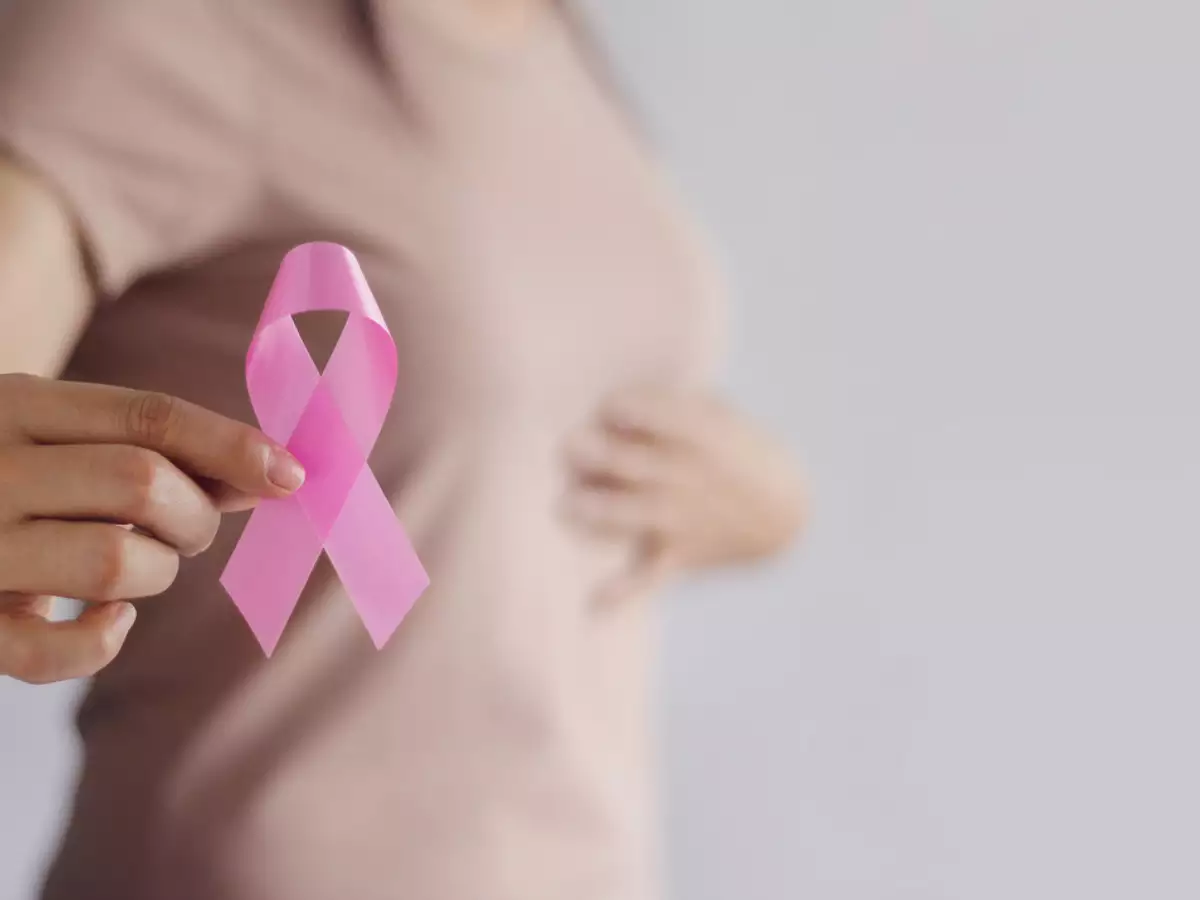- +91 99715-69210
- Ground floor OPD, Care CHL Hospital, Near LIG Square, Indore
- cancerdoctorin@gmail.com

Breast cancer is a disease that is most common among women and is often diagnosed late. This disease occurs when the cells of the breast start growing in an uncontrolled manner. In this article, we will provide information about the symptoms, causes, diagnosis and treatment of breast cancers from the perspective of Dr. Suyash Agarwal, a leading cancer specialist and doing important work in this field.
Breast cancers can have many symptoms, and some of the major symptoms are as follows:
Lump: Feeling a hard lump inside the breast or around the nipple. This lump is usually painless, but in some cases it can also cause pain.
Breast changes: If there is any abnormality in the size or shape of the breast, it may be a sign of cancer.
Skin changes: Redness, swelling, or roughness on the skin of the breast, such as orange peel.
Abnormal discharge from the nipple: If blood, yellow or green liquid comes out of the nipple, it can also be a sign of breast cancers.
Nipple retraction: If the nipple is sunken or abnormally changed.
There is no single cause for breast cancers, but there are certain risk factors that can increase the risk:
Age: The risk of breast cancers increases with age.
Family history: If someone in the family has had breast cancer, the risk may increase.
Gene changes: Changes in genes such as BRCA1 and BRCA2 can increase the risk of breast cancers.
Hormonal imbalances: Hormonal imbalances, such as high estrogen levels, can increase the risk of breast cancer.
Unstable lifestyle: Smoking, excessive alcohol consumption, and unhealthy diet can also increase the risk of breast cancers.
Dr. Suyash Agarwal, a breast cancer specialist, says that it is very important to detect breast cancers as early as possible. He advises patients to do regular screening and self-examination so that cancer can be detected early. She believes that every woman should pay attention to her health condition and consult a doctor from time to time.
Various tests can be done to diagnose breast cancers at the right time:
Mammography: It is an X-ray test that helps to identify the possibility of cancer in the breast.
Ultrasound: This test clarifies the location and size of the lump in the breast.
Biopsy: A sample is taken from the lump and tested in the laboratory to confirm cancer.
According to Dr. Suyash Agarwal, the main options for treatment of breast cancers are:
Surgery: Surgery is done to remove the cancerous tissues. It may include mastectomy (complete removal of the breast) or lumpectomy (removal of just the lump).
Chemotherapy: This treatment uses drugs to kill cancer cells. It helps prevent recurrence of cancer after surgery.
Radiotherapy: Radiotherapy uses high-energy beams to destroy cancer cells. This treatment is usually done after surgery.
Hormone therapy: If the cancer is hormone-dependent, hormone therapy is used to reduce the effect of hormones.
Targeted therapy: This treatment targets specific cancer cells and destroys them, causing less damage to normal cells.
According to Dr. Suyash Agarwal, regular screening and adopting a healthy lifestyle are important to prevent breast cancer. A healthy diet, regular exercise, and avoiding alcohol and tobacco consumption can reduce the risk. Apart from this, women should do regular breast self-examination and get checked by a doctor.
Breast cancer can be a serious condition, but it can be dealt with effectively with timely diagnosis and treatment. If you feel the symptoms of breast cancers, contact a doctor immediately and manage your health condition properly. With the expertise and advice of Dr. Suyash Agarwal, you can fight a strong battle against breast cancer.